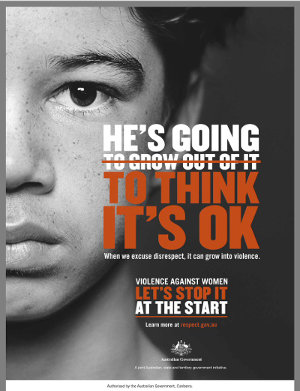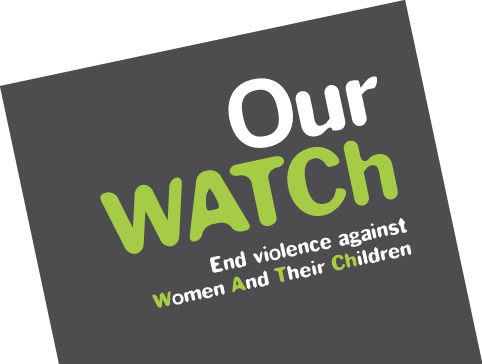Primary prevention aims to stop violence before it occurs by addressing the attitudes and behaviours that lead to violence.
Primary prevention initiatives can be delivered to the whole community (universal) or to particular groups that are at higher risk of using or experiencing violence in the future (targeted or selective).
Some primary prevention strategies focus on changing behaviour and/or building the knowledge and skills of individuals
What are the causes of family and sexual violence?
While there is no single cause, and the causes and contributors are complex, family and sexual violence is driven by gender inequality.
Gender Inequality
Gender inequality is where women and men do not have equal social status, power, resources or opportunities, and their voices, ideas and work are not valued equally by society.
Gender inequality provides the underlying conditions for violence against women. It exists at many levels in our society – from how we view men and women, to economic factors like the pay gap between men and women, to family and relationship roles and expectations.
Other factors may interact with, or reinforce, gender inequality and contribute to increased frequency and severity of violence, but do not drive violence in and of themselves.
Change the Story: A shared framework for the primary prevention of violence against women and their children in Australia (Change the Story) outlines how gender inequality sets the necessary social context in which violence against women occurs.
Change the Story identifies four key expressions of gender inequality - gendered drivers of violence - that lead to violence against women:
- Condoning violence against women
- Men’s control of decision making
- Rigid gender roles and stereotypes
- Male peer relations that emphasise aggression and disrespect towards women
Preventing family and sexual violence
By addressing the underlying gendered drivers of violence we can prevent this violence from happening in the first place.
This can be achieved by:
- Not accepting that violence against women is normal or inevitable
- Not justifying or excusing violence against women
- Challenging gender stereotypes and roles
- Promoting women's independence and decision-making
- Promoting gender equality in public and private life
- Strengthening positive, equal and respectful relationships
By increasing knowledge, awareness and understanding of the nature and causes of family and sexual violence, and influencing attitudes to bring about behavioural change, we can end the violence.
Primary prevention makes preventing violence everyone’s responsibility and asserts that we all have a role to play in changing the culture, structures and attitudes that drive family and sexual violence.
Change the Story
For more information about primary prevention in Australia and how you can help Change the Story, visit www.ourwatch.org.au/changethestory
Respect
Not all disrespect towards women results in violence. But all violence against women starts with disrespectful behaviour.
Parents and influencers of young people play an important role in helping them to have positive, healthy and respectful relationships. Sometimes, without meaning to, adults might say things that excuse disrespectful behaviour in young people.
From a young age, boys and girls start to believe there are reasons and situations that make disrespectful behaviour accepted. For example, saying things like "boys will be boys" allows boys to develop attitudes that can lead to violence. Saying things like "He only hit you because he likes you" allows girls to expect ridicule from boys. Often when unacceptable behaviour is confronted, it is downplayed by saying "don't worry, it wasn't that bad".
By excusing this behaviour, disrespect becomes a normal part of growing up.
The Stop It At The Start campaign aims to break the cycle of violence by encouraging adults to reflect on their attitudes, and have conversations about respect with young people.
For more information and to access resources to recognise disrepect and talk about respect, visit www.respect.gov.au
Our Watch
Our Watch is a national leader in the primary prevention of violence against women and their children in Australia. It works to embed gender equality and prevent violence where Australians live, learn, work and socialise.
prevention of violence against women and their children in Australia. It works to embed gender equality and prevent violence where Australians live, learn, work and socialise.
Our Watch was established under the National Plan to Reduce Violence Against Women and their Children 2010-2022.
In August 2015, the Tasmanian Government became a member of Our Watch.
In July 2019, the Tasmanian Government announced it was partnering with Our Watch to establish a Tasmanian-based Our Watch primary prevention officer - a national first.
To find out more about Our Watch and to access resources and tools, visit the Our Watch website at www.ourwatch.org.au